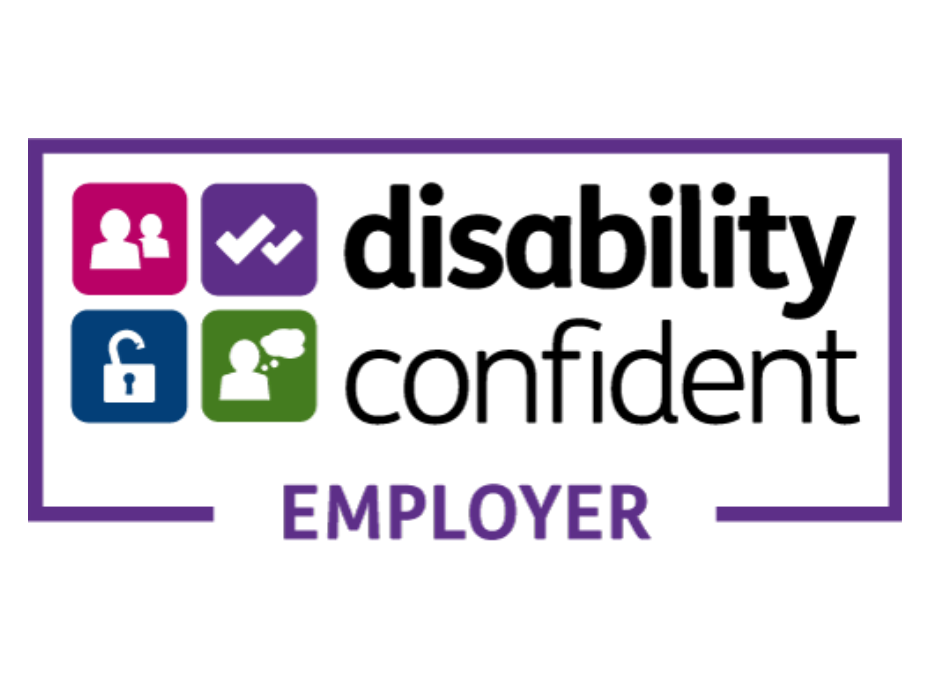Disability Confident
Disability Confident

Disability Confident is a government scheme designed to encourage employers to recruit and retain disabled people and those with health conditions.
It has replaced the previous Two Ticks Positive About Disabled People scheme. It is voluntary and has been developed by employers and disabled people's representatives.
In December 2010 the University was awarded the Positive about Disabled People 'Two Ticks' status, a nationally recognised symbol awarded by Jobcentre Plus to employers who can demonstrate a positive attitude towards employing disabled people.
In 2016, a new tiered scheme, Disability Confident replaced Two Ticks, under which the University is proud to have been awarded Level 2 Disability Confident Employer status.
The DEG (Disability Equality Group) action plan is closely linked to the Disability Confident accreditation. Find out more about the DEG.
To achieve Disability Confident Employer status, the University has signed up to the following commitments within 2 themes:
- Actively looking to attract and recruit disabled people.
- Providing a fully inclusive and accessible recruitment process.
- Offering an interview to disabled people who meet the minimum criteria for the job.
- Flexibility when assessing people so disabled job applicants have the best opportunity to demonstrate that they can do the job.
- Proactively offering and making reasonable adjustments as required.
- Encouraging our suppliers and partner firms to be Disability Confident.
- Ensuring employees have appropriate disability equality awareness.
- Providing work experience, work trials, paid employment, apprenticeships, traineeships, paid internships or supported internships.
- Promoting a culture of being Disability Confident.
- Supporting employees to manage their disabilities or health conditions.
- Ensuring there are no barriers to the development and progression of disabled staff.
- Ensuring managers are aware of how they can support staff who are sick or absent from work.
- Valuing and listening to feedback from disabled staff.
- Reviewing this Disability Confident self-assessment regularly.
